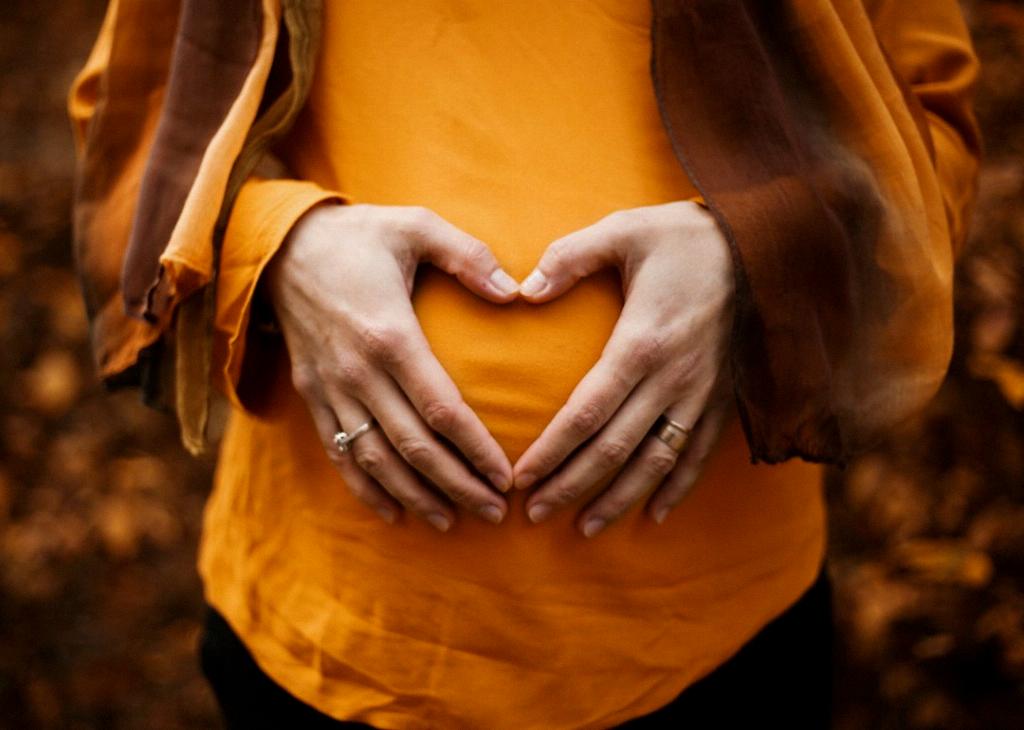When it comes to caffeine consumption during the first trimester of pregnancy, there are varying opinions and recommendations. The American College of Obstetricians and Gynecologists (ACOG) suggests that pregnant individuals should limit their caffeine intake to less than 200 mg per day, which is roughly equivalent to two six-ounce cups of coffee. This guidance is primarily aimed at minimizing potential risks to the developing fetus.
Pregnant individuals may wonder why caffeine intake needs to be restricted during the first trimester. Caffeine is a stimulant that can easily cross the placenta, exposing the developing fetus to its effects. Research has suggested that high levels of caffeine consumption during pregnancy can be associated with an increased risk of miscarriage, preterm birth, and low birth weight. Therefore, limiting caffeine intake, particularly during the first trimester when fetal development is crucial, is often recommended by healthcare providers.
It’s important for individuals who are pregnant or trying to conceive to be mindful of their caffeine consumption not only from coffee but also from other sources such as tea, soda, and chocolate. These sources can contribute to overall caffeine intake and should be taken into account when monitoring daily consumption levels. While the occasional cup of coffee may not pose a significant risk, exceeding the recommended daily limit could potentially impact pregnancy outcomes.
Additionally, caffeine sensitivity can vary among individuals, making it essential for pregnant individuals to listen to their bodies and monitor how caffeine affects them personally. Some individuals may find that even small amounts of caffeine can lead to increased heart rate, jitteriness, or difficulty sleeping, which can be particularly concerning during pregnancy when rest and relaxation are vital for both the mother and the developing baby.
Furthermore, while moderate caffeine intake has not been definitively linked to adverse effects on pregnancy outcomes, it’s crucial to consider that the potential risks associated with higher caffeine consumption may outweigh the temporary pleasure of that extra cup of coffee. Making informed decisions about caffeine intake and discussing any concerns with a healthcare provider can help ensure a healthy pregnancy and optimal outcomes for both the parent and the baby.
Given the available evidence and recommendations from healthcare organizations like ACOG, it’s clear that moderation is key when it comes to consuming caffeine during the first trimester of pregnancy. Being mindful of both the amount and sources of caffeine, as well as any individual sensitivities, can help pregnant individuals make informed choices that support the well-being of themselves and their developing baby.
In conclusion, while it’s not necessary to completely avoid caffeine during pregnancy, especially in the first trimester, it is important to be mindful of intake levels and consider the potential impact on fetal development and pregnancy outcomes. By staying within recommended limits, monitoring personal reactions to caffeine, and prioritizing overall health and well-being, pregnant individuals can navigate caffeine consumption responsibly and contribute to a positive pregnancy experience.

